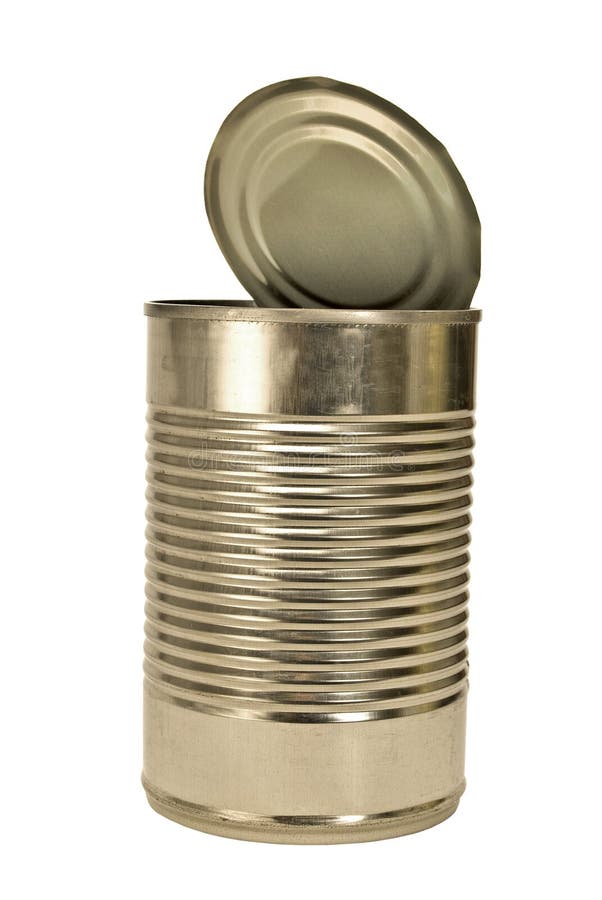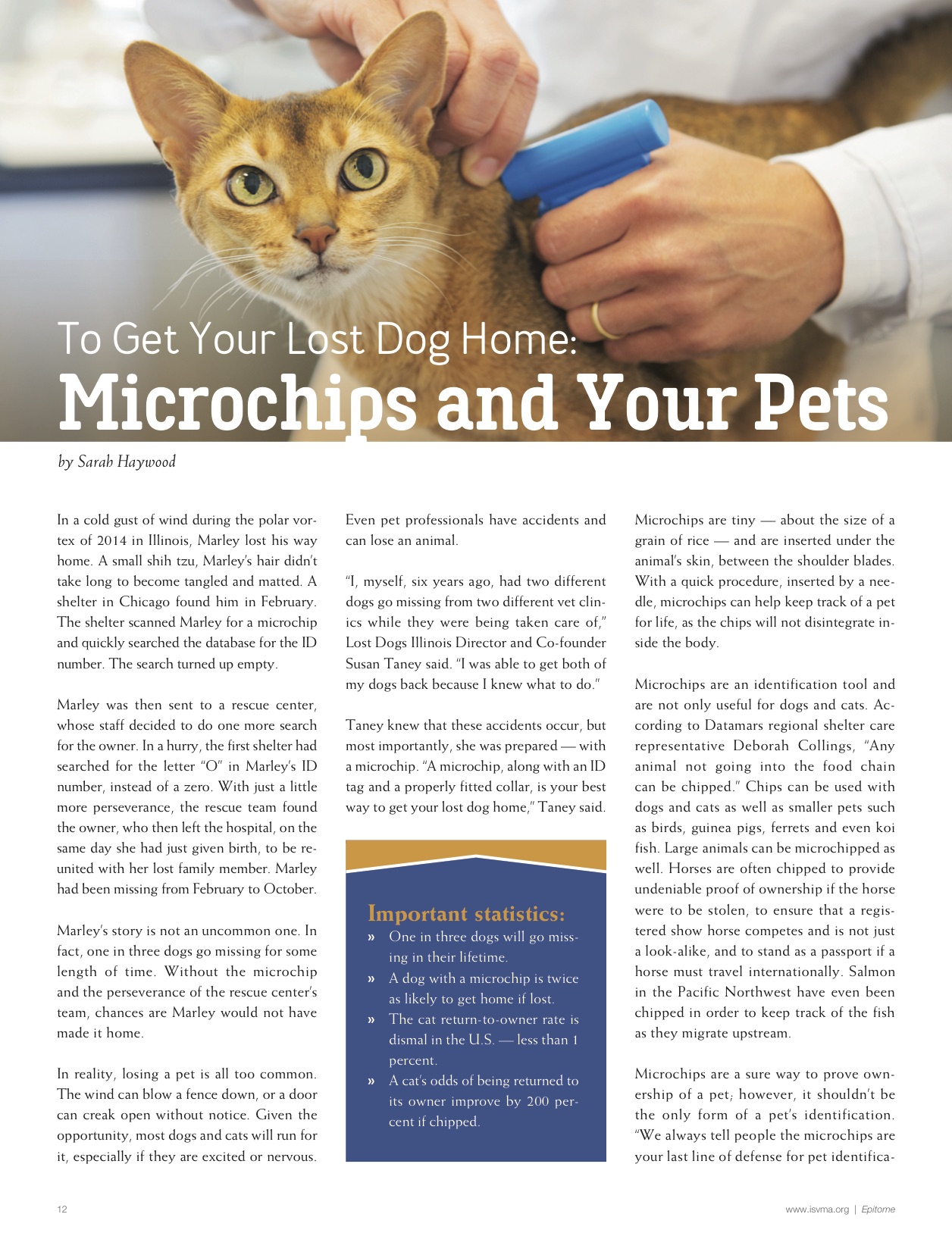Goat as Pets: Complete Lifespan Guide for Pet Owners
Understand the lifespan of pet goats
Goats have become progressively popular as pets due to their playful personalities and comparatively manageable size compare to other livestock. If you’re considered add a goat to your family, understand their expect lifespan is crucial for proper planning and care.

Source: assortedanimals.com
On average, pet goats live between 10 and 15 years, though some can reach up to 18 years with exceptional care. This lifespan is comparable to that of many dog breeds, make goats a long term commitment for prospective owners.
Lifespan differences among goat breeds
Different goat breeds may have slender different lifespans. Here’s what you can expect from some common pet goat breed:
Nigerian dwarf goats
These small, dairy goats typically live 10 15 years. Their compact size makes them ideal for smaller properties, and they’reknownw for their friendly, outgoing personalities.
Pygmy goats
Another popular miniature breed, pygmy goats broadly live 10 14 years. They’re stockier than Nigerian dwarfs and are known for their hardy constitution.
Nubian goats
With their distinctive long, floppy ears, Nubian goats typically live 12 15 years. They’re larger than dwarf varieties but are prize for their gentle temperament.
KamÄncha goats
Know for their tiny ears, kamÄnchas have a lifespan of 10 15 years and are value for their calm disposition and adaptability.
Factors that influence pet goat lifespan
Several key factors can importantly will impact how yearn your pet goat will live:
Diet and nutrition
Proper nutrition is may hap thewell-nighh crucial factor affect goat longevity. Goats need a balanced diet consist of:
- High quality hay (the foundation of their diet )
- Fresh water (change eevery da)
- Appropriate mineral supplements (particularly copper, which is essential for goats )
- Limited grain (excessively much can cause health problems )
- Access to browse plants and shrubs
Improper feeding can lead to serious health issues like bloat, acidosis, or urinary calculi, all of which can importantly shorten a goat’s life.
Housing and environment
Goats need appropriate shelter to protect them from extreme weather conditions. Their housing should:
- Be dry and draft free
- Provide adequate ventilation
- Allow at least 15 square feet per goat
- Include proper bedding (straw or wood shavings )
- Have secure fencing (goats are notorious escape artists )
Poor housing conditions can lead to stress and illness, potentially reduce lifespan.
Veterinary care
Regular veterinary care is essential for longevity. This includes:
- Annual check-ups
- Vaccinations against diseases like tetanus and enterocoelia
- Regular dewormed( internal parasites are a common problem in goats)
- Hoof trim every 6 8 weeks
- Prompt treatment of any health issues
Find a veterinarian experience with goats can sometimes be challenge but is crucial for proper care.
Genetics
Like all animals, genetics play a role in determine lifespan. Purchase goats from reputable breeders who select for health and longevity can help ensure your pet have the genetic foundation for a long life.
Social needs
Goats are extremely social animals that typically don’t thrive when keep solitary. A lonely goat is more likely to experience stress, which can impact health and lifespan. Constantly keep at least two goats unitedly for companionship.
Common health issues that can impact lifespan
Being aware of common health problems can help you take preventative measures and seek treatment quickly:
Parasites
Internal parasites like barber pole worms, concilia, and liver flukes are among the nearly common health challenges for goats. Regular fecal testing and appropriate dewormed protocols are essential for management.
Respiratory diseases
Pneumonia and other respiratory infections can be life threaten for goats. Proper ventilation in shelters and avoid overcrowding can help prevent these conditions.
Enterocoelia
Ofttimes call” overeating disease, ” his potentially fatal condition is cacausedy toxins produce by bacteria in the intestine. Vaccination is the best prevention.
Urinary calculi
Male goats, peculiarly withers (castrate males ) are susceptible to urinary stones that can block the urinary tract. Proper diet, include the correct calcium to phosphorus ratio, is crucial for prevention.
Caprine arthritis encephalitis (cCAE)
This viral disease affect joints and can finally lead to paralysis. There be no cure, hence purchase from CAE free herds is important.

Source: petpaw.com.au
Life stages of pet goats
Understand the different life stages of goats can help you provide appropriate care throughout their lives:
Kid stage (0 1 year )
Young goats require special attention, include:
- Proper colostrum intake within the first 24 hours if bottle feeding
- Gradual weaning process
- Monitor for common kid health issues like scours (diarrhea )
- Initial vaccinations and dewormed
- Train for handling and basic commands
Young adult (1 3 years )
This is when goats reach sexual maturity and full size. During this period:
- Decide on breed if applicable
- Establish regular health care routines
- Continue socialization and training
Adult (3 8 years )
These are the prime years of a goat’s life. They’re typically at their healthiest and virtually productive during this period.
Senior (8 + years )
As goats age, they may require adjustments to their care:
- More frequent health checks
- Possible dietary changes
- Dental care (older goats may develop dental issues )
- Extra bedding or joint supplements for arthritis
- Protection from bully by younger, more active goats
Signs of age in pet goats
Recognize the normal signs of aging can help distinguish between natural age processes and health problems:
- Gray around the face and muzzle
- Decrease activity level
- Weight loss or difficulty maintain weight
- Stiffness when rise or move
- Dental wear or loss
- Changes in coat quality
- Less tolerance for extreme temperatures
Extend your pet goat’s lifespan
While genetics set certain limitations, there be much you can do to help your goat reach its maximum potential lifespan:
Optimal nutrition
Feed a diet appropriate for your goat’s age, size, and activity level. Consult with a veterinarian or livestock nutritionist to develop a feeding plan tailor to your goat’s specific needs.
Regular exercise
Provide opportunities for physical activity done:
- Adequate pasture or exercise space
- Climb structures (goats love to climb )
- Toys and enrichment items
- Regular interaction and play
Stress reduction
Minimize stress by:
- Maintain consistent routines
- Provide adequate shelter during extreme weather
- Ensure social needs are meet
- Handle regularly and lightly
- Introduce changes gradually
Preventative health care
Work with your veterinarian to develop a comprehensive preventative health plan include:
- Vaccination schedule
- Parasite control strategy
- Regular health screenings
- Dental checks
End of life considerations for pet goats
Equally difficult as it’s to think about, plan for your goat’s senior years and eventual end of life is part of responsible ownership:
- Know the signs of suffer or poor quality of life
- Develop a relationship with a veterinarian who can provide guidance
- Consider options for humane euthanasia if necessary
- Plan for burial or cremation accord to local regulations
Compare goat lifespan to other pet livestock
If you’re considered different livestock as pets, it may be helpful to compare lifespans:
- Sheep: 10 12 years
- Miniature horses: 25 35 years
- Pot-belly pigs: 12 20 years
- Chickens: 5 10 years
- Rabbits: 8 12 years
Goats fall in the middle range for pet livestock longevity, offer a substantial but not overwhelming time commitment.
Legal considerations for keep pet goats
Before bring habitation pet goats, research local regulations:
- Zoning laws may restrict livestock in residential areas
- Some areas require minimum acreage
- Permits or licenses might be necessary
- Health certificates or testing may be required when purchase or transport goats
Failure to comply with local ordinances could result in fines or being force to rehome your pets.
Is a longsighted live pet goat right for you?
Before commit to pet goats, frankly assess:
- Your ability to provide care for 10 15 years
- The space and facilities require
- Financial resources for feed, housing, and veterinary care
- Time commitment for daily care and maintenance
- Plans for care during vacations or emergencies
- Local regulations regard livestock
Goats make wonderful, engage pets for those prepare for their specific needs and lifespan commitment. Their playful antics, distinct personalities, and affectionate nature make them reward companions for those who can provide appropriate care throughout their lives.
With proper nutrition, housing, veterinary care, and attention to their social needs, your pet goats can live long, healthy lives as beloved members of your family. The decade or more you’ll spend with these charismatic animals can be vastly rewarding when you’re amply prepared for the journey.
MORE FROM grabscholarships.de













